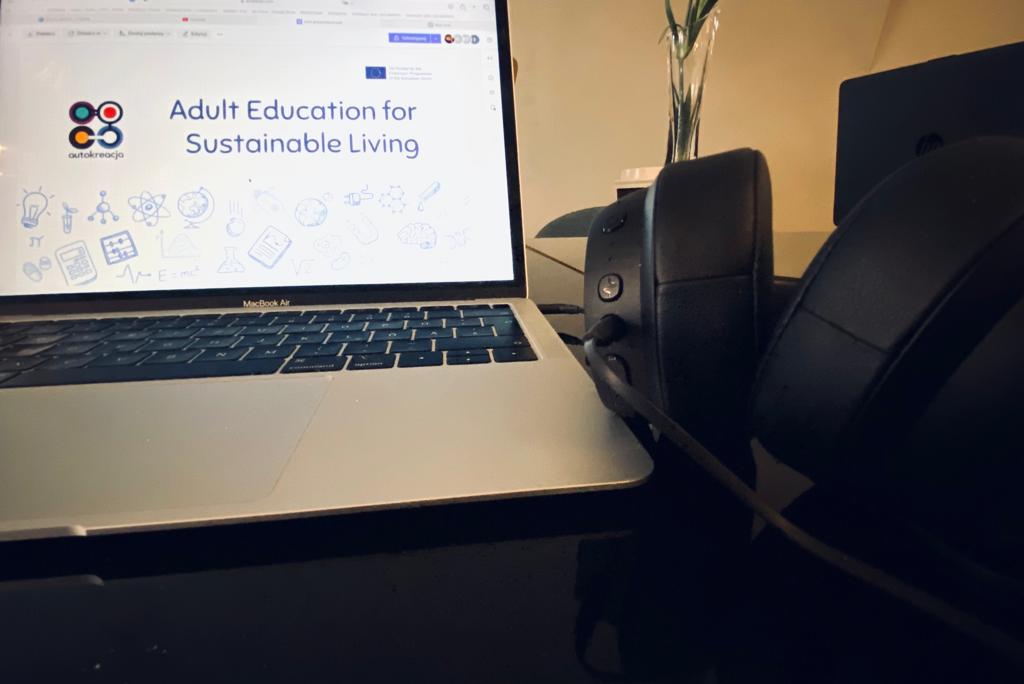Bez kategorii
Training in Wrocław
We have successfully implemented a Learning Teaching Training Activity that took place in Wroclaw, Poland. It gathered coordinators and managers from each partner organization who came together to share their good practices and methods related to promoting sustainability and working with adult learners at risk of exclusion as well as develop a concrete action plan as for developing the results of the project.
As for the methodologies used, we have chosen to base the activity on principles of non-formal education, giving space to our participants to freely express themselves, experiment, and brainstorm. The whole event was based on cooperation, meaning each partner organization was responsible for preparing content for the sessions. As during the Kick Off meeting we divided tasks and responsibilities regarding the results, each partner organization has been assigned dedicated chapters to work on. During the LTT the partners presented their plans for the methodologies and content to be included in these chapters, and the remaining organizations provided feedback and jointly brainstormed to develop new approaches and methods to be included in the final version of both of the project results.
Each day devoted to developing materials on the SDGs was coordinated by one partner organization whose role was to provide an extensive introduction to each SDG, share an overview of existing teaching methodologies in this area and to lead an intensive brainstorming session during which new approaches and tools have been developed – these will subsequently serve as a basis for the both of the project results in the form of educational materials. Last day of the LTT was devoted to creating a structured summary of the work done so that partners could later on use the developed methods and practices during the further development of the results.
As for participants, everyone who joined the LTT was a staff member of the partner organization who is part of this project. All the participants have previous experience of working with adults at risk of exclusion and therefore they were able to share their knowledge and methodologies, thus contributing to the high quality of the activities carried out within the LTT.

